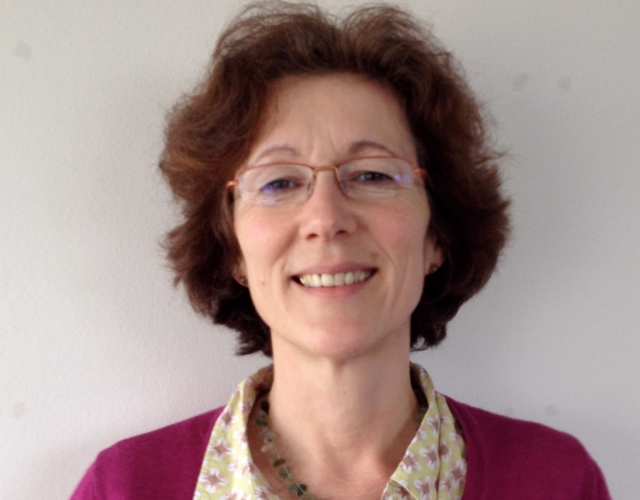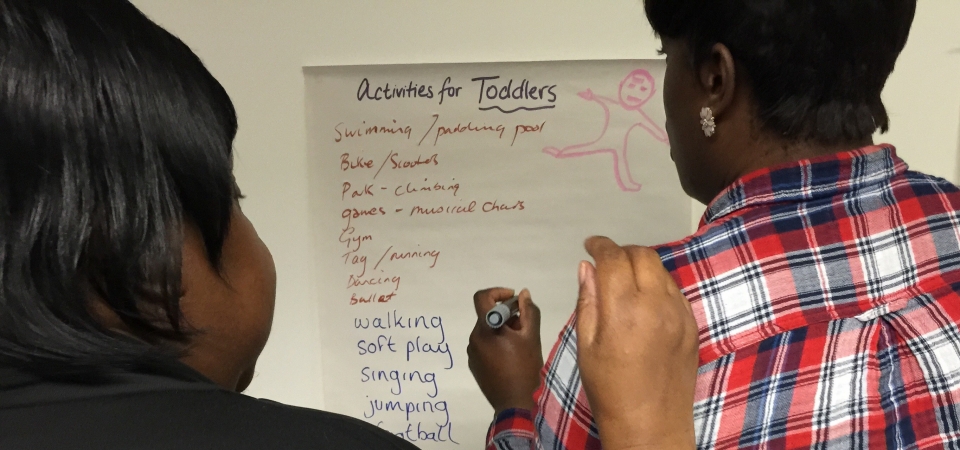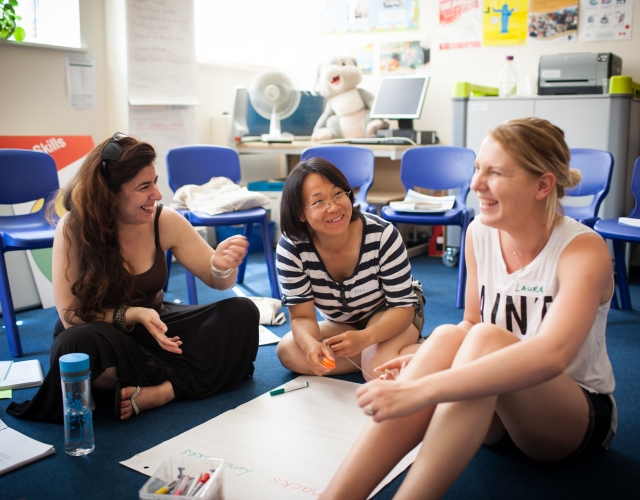Flexible delivery models
Local circumstances are always unique and so no single delivery model will work equally well in all areas. We offer a range of effective delivery models which can be further tailored in response to local need.
As part of the discussion about which HENRY services you are interested in, we explore what will work locally – what are your priorities, constraints, challenges and capacity. This helps determine the best model for your area.
We can offer virtually every element of HENRY’s service offer – family support, practitioner training, community engagement – across each delivery model. So whether you want breastfeeding peer support and oral health, or obesity prevention programmes and practitioner training, we can offer it. Read more about HENRY’s service elements.
Here’s an overview of our 4 main service delivery models. We can transition from one model to another over time. For example, we can start with direct delivery and then train local practitioners to take on local delivery through our partnership model:
- Direct delivery – you commission HENRY to deliver the service elements that suit your needs, we provide all the staffing and manage the service in its entirety, reporting to you on agreed KPIs
Advantages of this model: straightforward arrangement. You pay us, we deliver specified services to agreed outcomes
- Partnership model – we train local practitioners (and potentially volunteers) selected by you to deliver HENRY family support services locally. Through an annual Partnership & Support Fee, HENRY provides plenty of help to get started, as well as ongoing guidance to help ensure successful implementation and high quality delivery
Advantages of this model: highly locally embedded, offering greater sustainability
- Blended model – this hybrid of options 1 and 2 offers the best of both worlds. It normally involves a small number of HENRY practitioners leading on service delivery, working closely with local practitioners, training them to co-deliver services alongside HENRY staff or with each other
Advantages of this model: high degree of HENRY accountability for service delivery, whilst retaining the benefits of local practitioners delivering HENRY services. The best option to transition from direct delivery (option 1) to local delivery under licence (option 2).
- Training for trainers – in this model, which tends to work best for larger local authority, health board or ICB areas, we can train local practitioners to deliver HENRY practitioner training courses locally under licence, in adition to our family support services. It is similar to option 2 (above), but includes delivery of practitioner training which requires selected local practitioners to be highly skilled and experienced in the HENRY approach
Advantages of this model: it offers greater levels of flexibility, sustainability and cost-effectiveness for HENRY practitioner training
Whatever service offering you need for your local area, HENRY can provide it through a delivery model which will work for you.

If you'd like to discuss how HENRY can best support you, contact: 01865 302973 |
angie.prysor-jones@henry.org.uk



